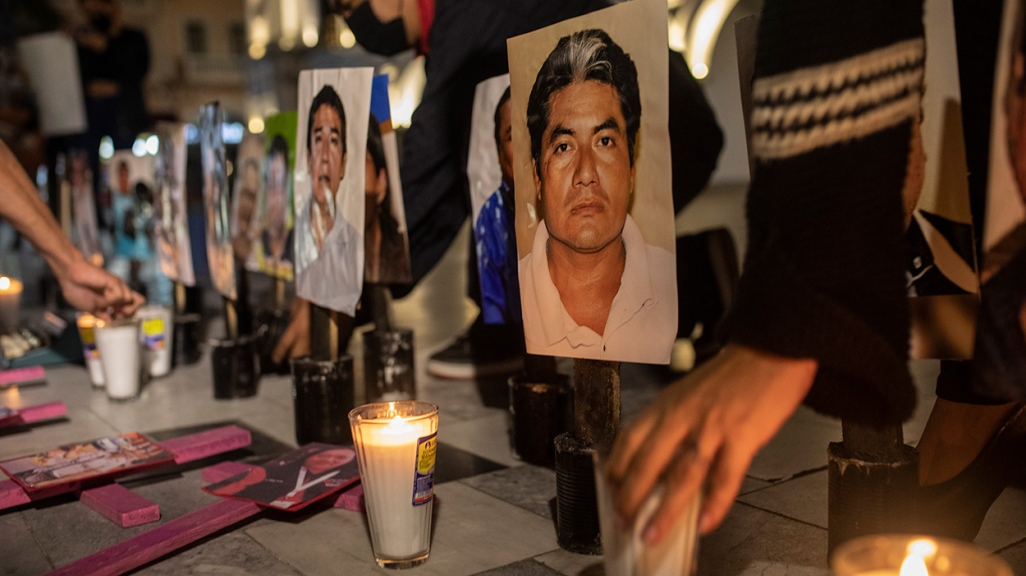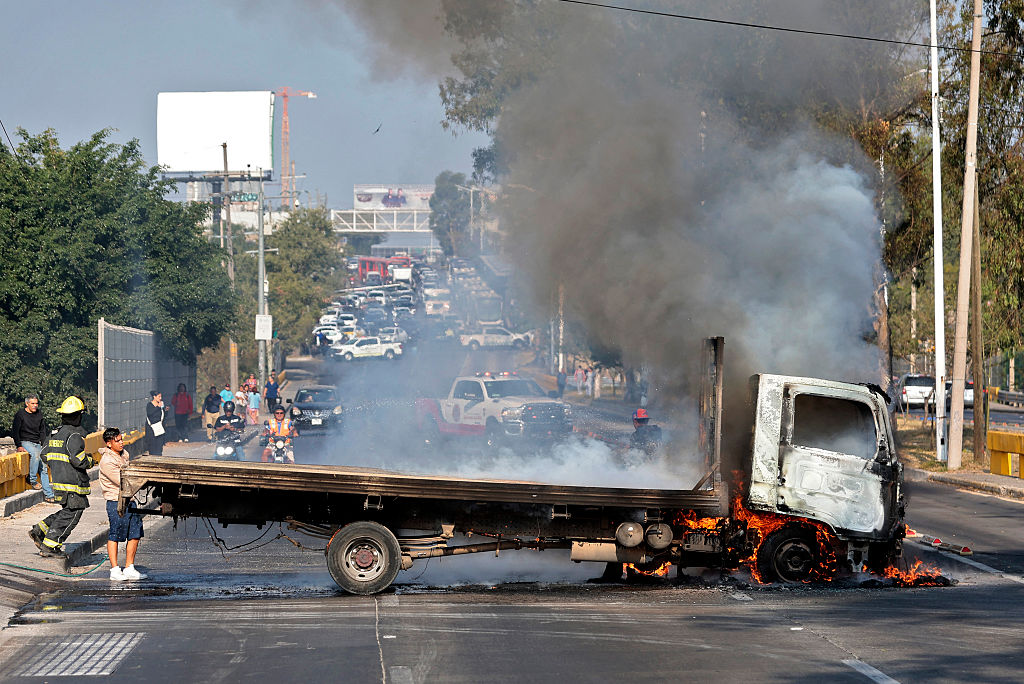Carin Zissis on CFR's Why It Matters: Global Threats to Press Freedom
Carin Zissis on CFR's Why It Matters: Global Threats to Press Freedom
"We have to pay attention to what's happening in Mexico because it serves as a warning," said the AS/COA Online editor-in-chief.
AS/COA Online Editor-in-Chief Carin Zissis spoke to Gabriella Sierra on the Council on Foreign Relations' podcast Why It Matters about global threats to press freedom.
"It gets unhealthy when we start to see people in high levels of government attack journalists verbally," said Zissis. "If people at very high levels of government start criticizing the press… then that trickles down to other levels of government and it becomes the norm."
Focusing on Mexico, Zissis said, "In spite of being a democracy, in spite of being a country that's not currently at war, it is the most dangerous country in the world for journalists."
She said that the increase in violence against journalists began with the start of Mexico's offensive on cartels, adding that 125 journalists have died since that point.
"There was a very important election in 2018 in which Andres Manuel Lopez Obrador won the presidency," said Zissis. "It's coincided with a questioning of democratic institutions. So the press being a key example of that."
Zissis explained that the Mexican president starts every day with a press conference, the mañanera, that contains a segment called “Quién es quién en las mentiras”. During this weekly segment, they share pictures of journalists and others, questioning their reporting or coverage in what amounts to a kind of "blacklisting," explains Zissis.
Zissis cited a December attack on a high profile journalist in Mexico named Ciro Gómez Leyva, saying, "When it happens to someone who is so well known, it really sent a message to journalists across the country, this is what can happen to you. And he was someone who had been under attack by the AMLO government."
"We have to pay attention to what's happening in Mexico because it serves as a warning… in terms of what happens if there are attacks on the press," said Zissis. "When we see the violence in a country just across the border having record numbers of journalists getting killed at a time of criticism of the press… it's something that we can't just ignore. It's a warning of what will happen if we do. And freedom of the press is a key part of democracy."








